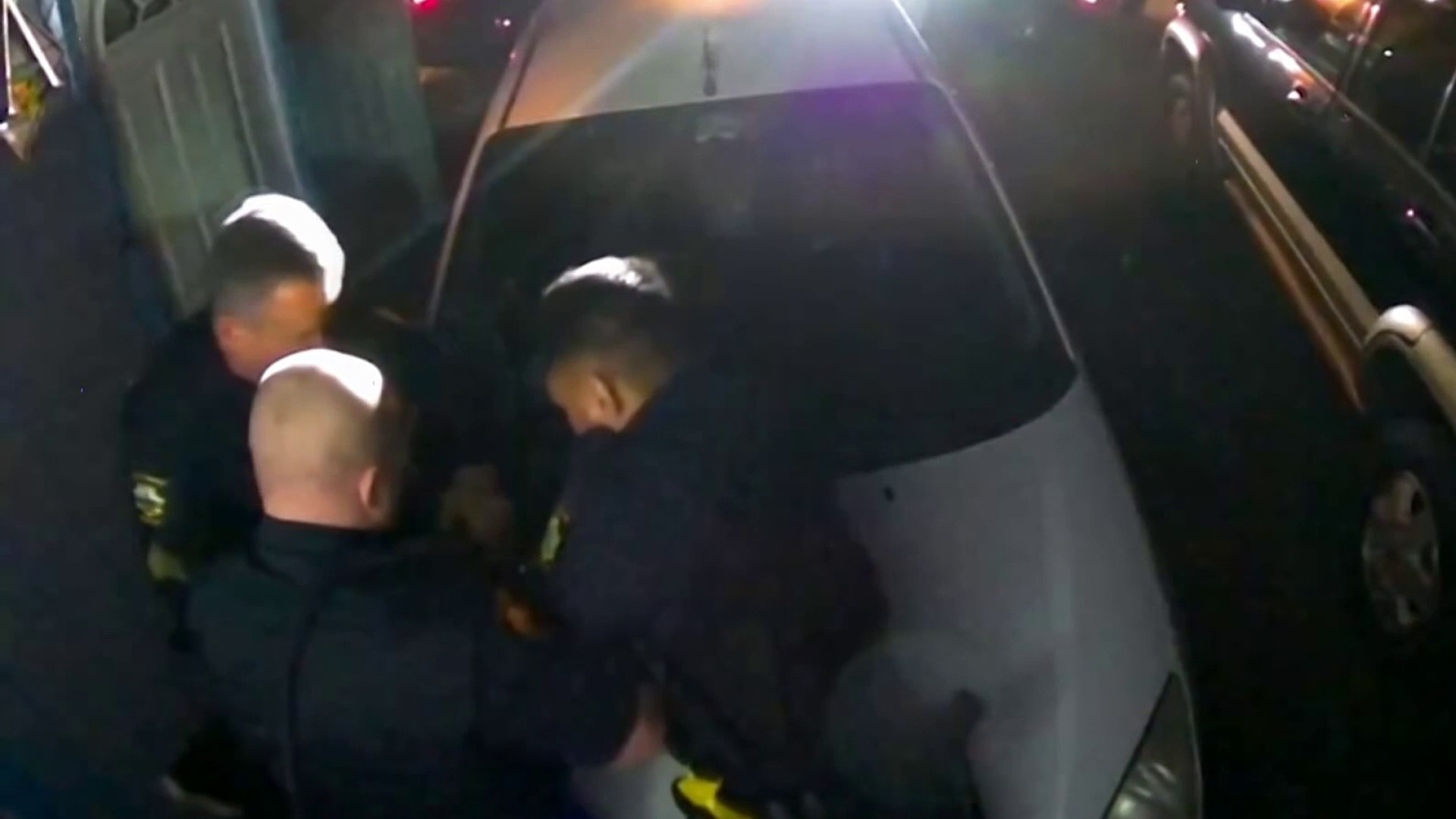San Jose's Disability Retirement System paid out over $50 million last year
While the city has a responsibility to take care of employees hurt on the job, the NBC Bay Area Investigative Unit found the system has little oversight, allowing some to double-dip and everyone who qualifies to get tax-free benefits for life, with few checks and balances.
We went undercover to a scuba diving class near Santa Cruz taught by Dave Babineau, a former San Jose police lieutenant.
Babineau retired in 2005 after 32 years with a service-connected disability.
At the time of his retirement, Babineau stated he had problems with his "neck, back, knees, etc."
The Retirement Board reviewed his records and approved his application.
The Investigative Unit found, just days before his approval, Babineau got certified to be an advanced scuba diver.
Local
Since then, he has received more certifications, including being a rescue diver.
At the time of his retirement in 2005, he also had a list of medical restrictions that he submitted to the retirement board.
Our undercover cameras showed him last month, able to perform just about all of those restrictions- such as heavy lifting, squatting and repeated bending and stooping.
The city of San Jose defines "service connected disability" as being "permanently unable to perform the job as a result of a work-related injury."
Once the Retirement Board approves an employee for disability retirement, it's for life. There are no medical follow-ups. That means Babineau could fully recover and still receive his payments without breaking any rules.
Babineau receives the same amount he would have received if he retired without disability, but there's a perk: For those workers recieving San Jose’s ‘service -connected disability’ retirement, half of their final average salary is tax free.
San Jose city auditor Sharon Erickson found in a report last year what she calls "unacceptably high" numbers of police officers and firefighters retiring on disability
The audit showed that 1 in 3 police officers and 2 in 3 firefighters are retiring with disability in San Jose.
Our investigation found that 96 percent of the retirement requests over the past 5 years were approved for firefighters and police officers.
“Some jurisdictions require an annual physical to maintain the certification as disabled, [but not] in the city of San Jose- that’s why we recommended changing the system,” Erickson told the NBC Bay Area Investigative Unit.
We also showed our findings to Kirk Hanson, the Executive Director of the Markkula Center for Applied Ethics at Santa Clara University and an expert in government ethics.
"When you have a culture in which disability is the normal thing, it becomes very easy to get disability," Hanson says.
Once sworn employees retire on disability, they are allowed to work somewhere else.
However, they're required to report their outside earnings to the city until it's been 20 years since their hire date. If they make too much, their disability payments are supposed to be reduced or eliminated.
We found, there are exceptions.
San Jose District 1 Councilman Pete Constant is also receiving service-connected disability retirement.
Before taking office, he was a police officer, injured in the line of duty and retired with a service-connected disability in 2000.
He took office in 2007, when he still had to report his income to the city.
According to city documents, the most he was allowed to make in 2007 without lowering his disability benefits was $48,000.
We found he made $80,819 and kept all his benefits.
“Do you believe it’s fair that you get to receive two paychecks from San Jose?” Investigative Reporter Jenna Susko asks Councilman Constant.
"I do," he responds.
“Isn’t this double-dipping?” Susko asks.
"Yes, it is double-dipping," Constant says.
"Do you think that’s right?” Susko asks.
"It's allowed," Constant replies.
The Investigative Unit found, elected officials are exempt from the income-reporting rule.
“Do you think that everyone should have to play by the same rules when it comes to reporting outside income?” Investigative Reporter Jenna Susko asks Councilman Constant.
“I think everybody does,” Constant responds.
“You don't," Susko says.
"I do," Constant says, "by the same rules of anyone else who chooses to work for the City of San Jose or gets elected."
"When I made a decision to run for office I looked into what the rules were and made sure taking this job would allow me to provide for my family and do the job at the same time,” Constant says.
But even if it appears everyone is playing by the rules, it's the rules themselves that some are questioning.
"We didn't find as much abuse as we just found problems with the entire system," Auditor Erickson tells NBC Bay Area.
The city's Retirement Services Department declined to comment on camera but referred us to the attorney representing the Retirement Services Board who issued us this statement:
"The city has asked the Retirement Services boards to take on this task and make these judgments and they do so as best they can on the basis of medical and other evidence presented to them."
According to city records, there are currently more than 800 police officers and firefighters on disability retirement from San Jose.



